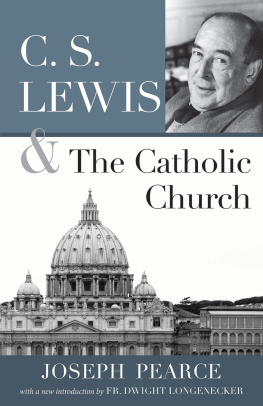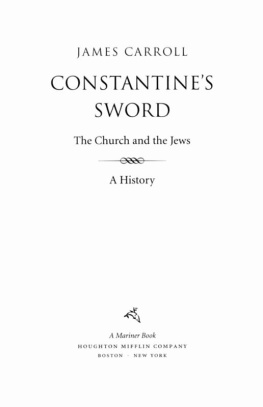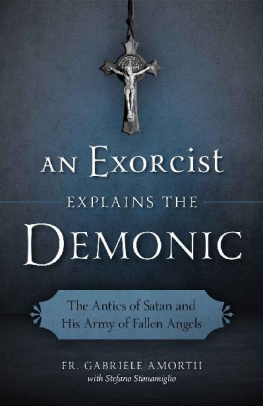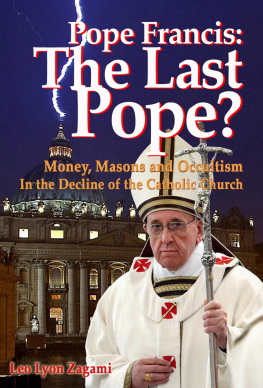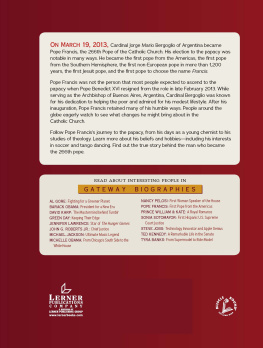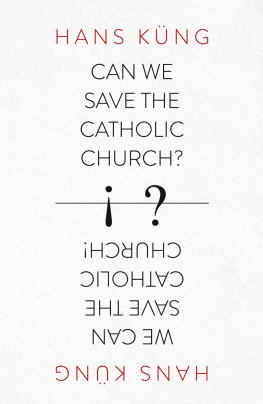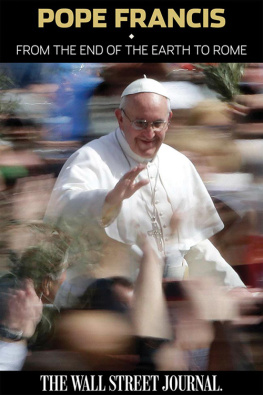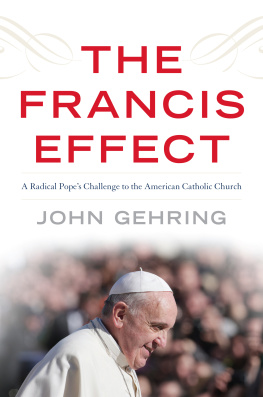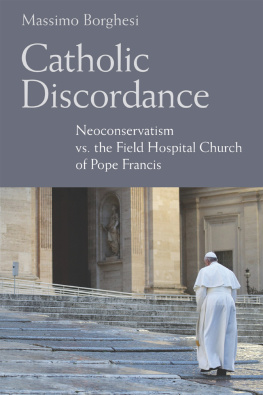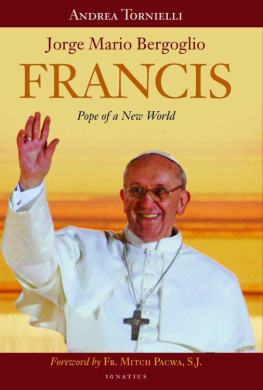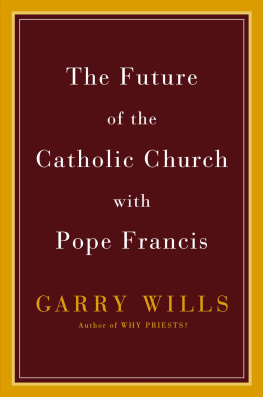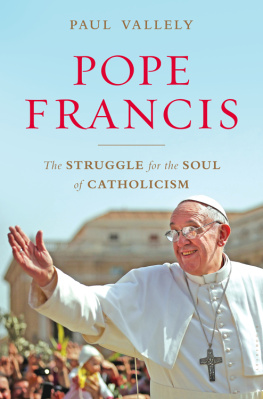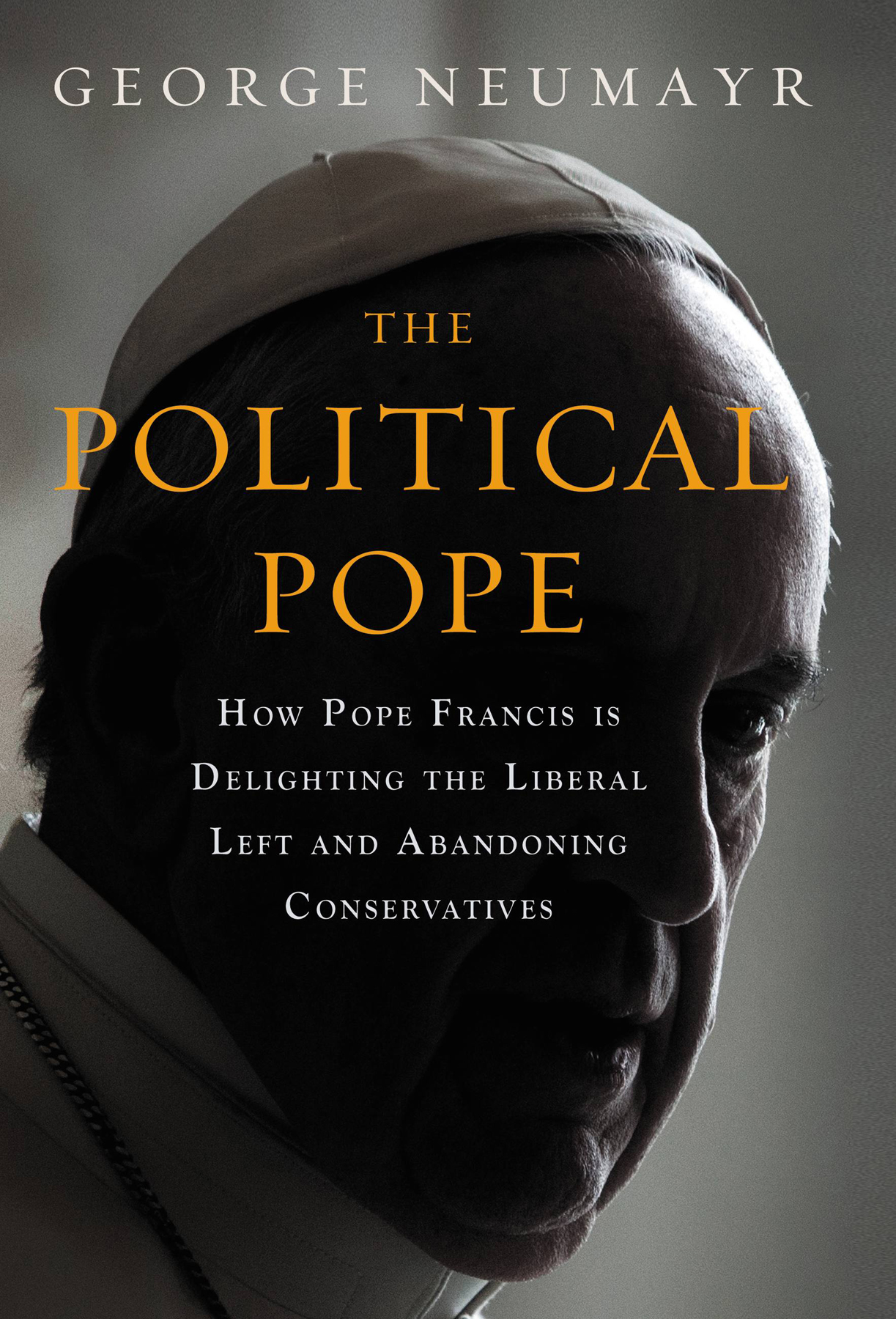Cover copyright 2017 by Hachette Book Group, Inc.
Hachette Book Group supports the right to free expression and the value of copyright. The purpose of copyright is to encourage writers and artists to produce the creative works that enrich our culture.
The scanning, uploading, and distribution of this book without permission is a theft of the authors intellectual property. If you would like permission to use material from the book (other than for review purposes), please contact permissions@hbgusa.com. Thank you for your support of the authors rights.
Center Street is a division of Hachette Book Group, Inc. The Center Street name and logo are trademarks of Hachette Book Group, Inc.
The publisher is not responsible for websites (or their content) that are not owned by the publisher.
The Hachette Speakers Bureau provides a wide range of authors for speaking events. To find out more, go to www.HachetteSpeakersBureau.com or call (866) 376-6591.
Library of Congress Cataloging-in-Publication Data has been applied for.
Y ou must straighten out your position with the Church, Pope John Paul II shouted at a cowering Ernesto Cardenal, a Catholic priest turned Marxist activist. In violation of his religious vows, Cardenal had joined the communist Sandinista government in Nicaragua, and Pope John Paul II was scolding him before the cameras of the entire world. That sensational scene in 1983 on a Managua airport runway provided one of the most startling images of Pope John Paul IIs anti-communist pontificate.
So strong were Pope John Paul IIs anti-communist credentials and so effective was his anti-Soviet advocacy that Kremlin leaders, according to historians, hired a Turkish gunman to assassinate him. That attempt failed, and Pope John Paul II continued to denounce the Soviets until their empire crumbled in 1991.
Joseph Ratzinger also opposed communism fiercely. After serving as the head of the Congregation for the Doctrine of the Faith, Ratzinger succeeded John Paul II in 2005 and took as his papal name Benedict XVI. In his role as doctrinal guardian of the Church, Ratzinger repeatedly warned the faithful to reject liberation theology, a Marxist-inspired ideology disguised as concern for the poor that the Soviet Unions KGB spies had helped smuggle into Latin Americas Catholic Church in the 1950s.
The movement was born in the KGB, and it had a KGB-invented name: liberation theology, according to Ion Mihai Pacepa, who served as a spymaster for Romanias secret police in the 1950s and 1960s.
The Soviets had long eyed the Catholic Church for infiltration. In the 1950s, Bella Dodd, the former head of the Soviet-controlled Communist Party of America, testified before the U.S. Congress that communists occupied some of the highest places in the Catholic Church. We put eleven hundred men into the priesthood in order to destroy the Church from within, she said. The idea was for these men to be ordained, and then climb the ladder of influence and authority as monsignors and bishops. As an active party member, Dodd said that she knew of four cardinals within the Vatican who were working for us.
According to Pacepa, the KGB took secret control of the World Council of Churches (WCC), based in Geneva, Switzerland, and used it as cover for converting liberation theology into a South American revolutionary tool. Seeking to spread atheistic Marxism among the religious peasants of Latin America, Soviet leaders instructed the KGB to send agents into ecclesiastical circles. In 1968, Latin Americas bishops loudly endorsed liberation theology at a conference in Medelln, Colombia. The KGB served as a puppet master at the event, reported Pacepa.
In the 1950s and 1960s, most Latin Americans were poor, religious peasants who had accepted the status quo, and [Soviet premier Nikita] Khrushchev was confident they could be converted to communism through the judicious manipulation of religion, he wrote. In 1968, the KGB was able to maneuver a group of leftist South American bishops into holding a conference in Medelln, Colombia. At the KGBs request, my [spies] provided logistical assistance to the organizers. The official task of the conference was to help
Against this historical backdrop, Pope John Paul II and Pope Benedict XVI viewed the spread of liberation theology in Latin America with alarm. They feared that a Marxist-influenced ideology, which progressive theologians within the Catholic Church were harnessing to their own long-percolating socialist politics, would corrupt the Catholic faith. Pope Benedict XVI called liberation theology a singular heresy. He argued that it deceives the faithful by concealing Marxist dialectics within seemingly harmless advocacy for the lower classes. He drew attention to Marxisms philosophical incompatibility with Christianity and disputed the claim of many churchmen that Christianity could purify the Marxist elements of socialist thought.
How shockingly different statements from the Holy See sound today under Pope Francis. The first Latin American pope in Church history, Jorge Mario Bergoglio has generated headlines not for scolding Marxists but for supporting them, not for rebuking liberation theologians but for honoring them.
Under Pope John Paul II and Pope Benedict XVI, the Western media spoke disapprovingly of a holy war against liberation theology. Now media outlets eagerly run stories about Pope Franciss sympathy for it. Liberation Theology Rehabilitation Continues at Vatican, ran a characteristic headline on a story from the Associated Press.
In one of his first major interviews, Pope Francis said that liberation theologians have a high concept of humanity.
Leonardo Boff, who has long gloried in his status as a renegade liberation theologian from Brazil, also enjoyed a stunning change of fortune after the election of Pope Francis. Owing to his open Marxism, Boff was silenced by Pope John Paul IIs Congregation for the Doctrine of the Faith. Boff was also condemned by the Vatican for his threatened hijinks at the 1992 Earth Summit in Rio de Janeiro, activism that eventually led Boff to leave the priesthood. But these days Boff finds himself back in the Churchs good graces. Pope Francis recruited him to serve as an adviser for Laudato Si, his 2015 encyclical endorsing the political agenda of climate change activists.
Taking advantage of the new wind blowing from the Vatican, Miguel dEscoto Brockmann, whose role in Nicaraguas Marxist revolutionary government in the 1970s led to his suspension from the priesthood, sent in 2014 a request to Pope Francis that his priestly faculties be reinstated. Pope Francis granted the request. The Holy Father has given his benevolent assent that Father Miguel dEscoto Brockmann be absolved from the canonical censure inflicted upon him, and entrusts him to the superior general of the institute (Maryknoll) for the purpose of accompanying him in the process of reintegration into the ministerial priesthood, announced the Vatican.
DEscoto, among his other Marxist activities, had served as an Even now as a priest in good standing under Pope Francis, dEscoto lobbies for the Libyans, remains a member of the Sandinista National Liberation Front, and continues to serve as an adviser to Daniel Ortega, whom the Soviets planted in the presidency of Nicaragua in the 1980s.


